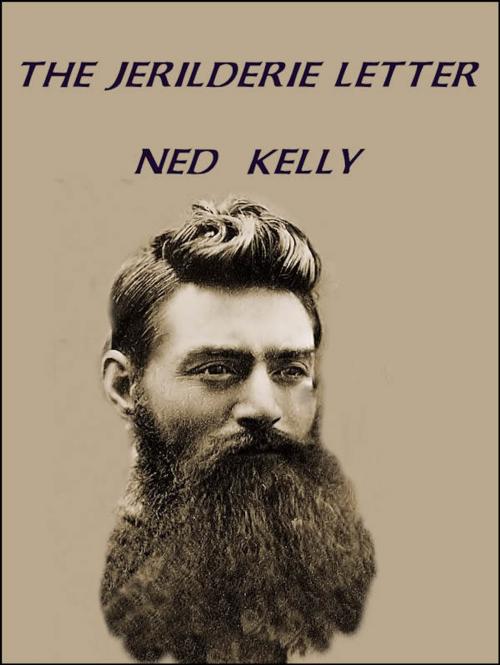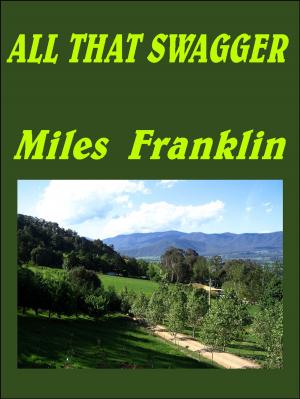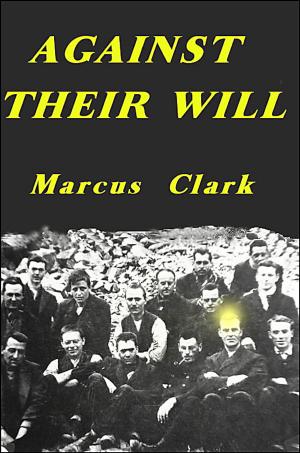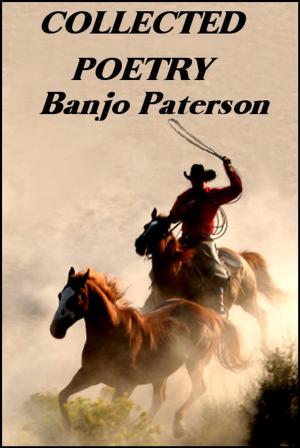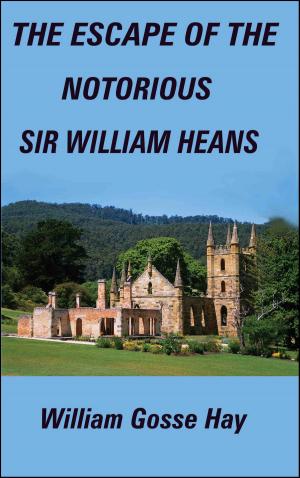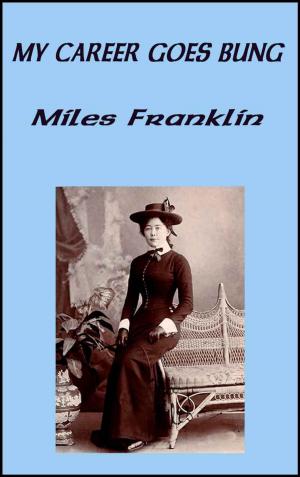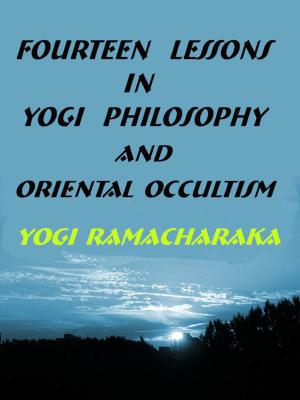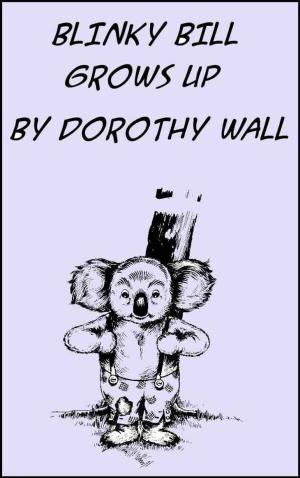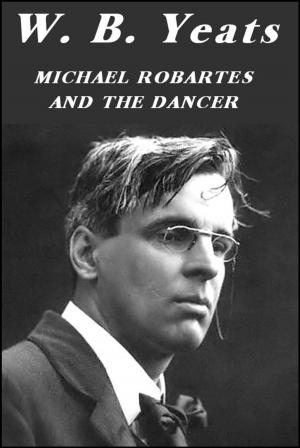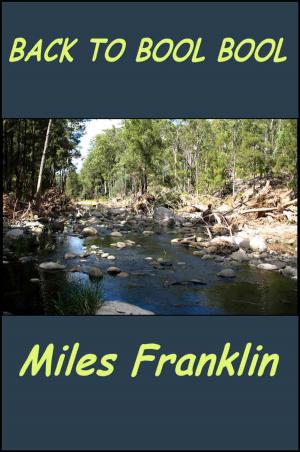| Author: | Ned Kelly | ISBN: | 1230000031893 |
| Publisher: | Download eBooks | Publication: | November 20, 2012 |
| Imprint: | Language: | English |
| Author: | Ned Kelly |
| ISBN: | 1230000031893 |
| Publisher: | Download eBooks |
| Publication: | November 20, 2012 |
| Imprint: | |
| Language: | English |
Edward "Ned" Kelly (1854 – 1880) was an Australian bushranger, and, to some, a folk hero for his defiance of the colonial authorities. Kelly was born in Victoria to an Irish convict father, and as a young man he clashed with the police. Following an incident at his home in 1878, police parties searched for him in the bush. After he murdered three policemen, the colony proclaimed Kelly and his gang wanted outlaws. A final violent confrontation with police took place at Glenrowan. Kelly, dressed in home-made plate metal armour and helmet, was captured and sent to jail. He was hanged for murder at Old Melbourne Gaol in 1880. His daring and notoriety made him an iconic figure in Australian history, folk lore, literature, art and film.
Months prior to arriving in Jerilderie, and with help from Joe Byrne, Ned Kelly dictated a lengthy letter for publication describing his view of his activities and the treatment of his family and, more generally, the treatment of Irish Catholics by the police and the English and Irish Protestant squatters.
The Jerilderie Letter, as it is called, is a document of 7,391 words and has become a famous piece of Australian literature. Kelly had written a previous letter (14 December 1878) to a member of Parliament stating his grievances, but the correspondence had been suppressed from the public. The letter highlights the various incidents that led to him becoming an outlaw. The letter was never published and was concealed until re-discovered in 1930. It was then published by the Melbourne Herald.
The Jerilderie Letter: The handwritten document was donated anonymously to the State Library of Victoria in 2000. Historian Alex McDermott says of the Letter, "... even now it's hard to defy his voice. With this letter Kelly inserts himself into history, on his own terms, with his own voice...We hear the living speaker in a way that no other document in our history achieves..." Kelly's language is colorful, rough and full of metaphors; it is "one of the most extraordinary documents in Australian history". WIKIPEDIA
Edward "Ned" Kelly (1854 – 1880) was an Australian bushranger, and, to some, a folk hero for his defiance of the colonial authorities. Kelly was born in Victoria to an Irish convict father, and as a young man he clashed with the police. Following an incident at his home in 1878, police parties searched for him in the bush. After he murdered three policemen, the colony proclaimed Kelly and his gang wanted outlaws. A final violent confrontation with police took place at Glenrowan. Kelly, dressed in home-made plate metal armour and helmet, was captured and sent to jail. He was hanged for murder at Old Melbourne Gaol in 1880. His daring and notoriety made him an iconic figure in Australian history, folk lore, literature, art and film.
Months prior to arriving in Jerilderie, and with help from Joe Byrne, Ned Kelly dictated a lengthy letter for publication describing his view of his activities and the treatment of his family and, more generally, the treatment of Irish Catholics by the police and the English and Irish Protestant squatters.
The Jerilderie Letter, as it is called, is a document of 7,391 words and has become a famous piece of Australian literature. Kelly had written a previous letter (14 December 1878) to a member of Parliament stating his grievances, but the correspondence had been suppressed from the public. The letter highlights the various incidents that led to him becoming an outlaw. The letter was never published and was concealed until re-discovered in 1930. It was then published by the Melbourne Herald.
The Jerilderie Letter: The handwritten document was donated anonymously to the State Library of Victoria in 2000. Historian Alex McDermott says of the Letter, "... even now it's hard to defy his voice. With this letter Kelly inserts himself into history, on his own terms, with his own voice...We hear the living speaker in a way that no other document in our history achieves..." Kelly's language is colorful, rough and full of metaphors; it is "one of the most extraordinary documents in Australian history". WIKIPEDIA
